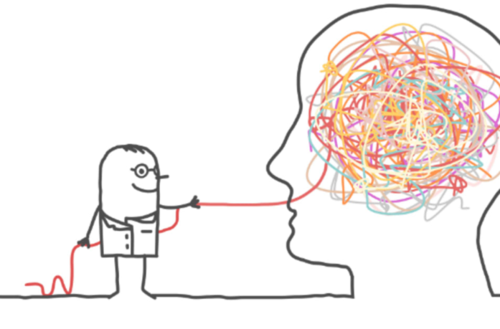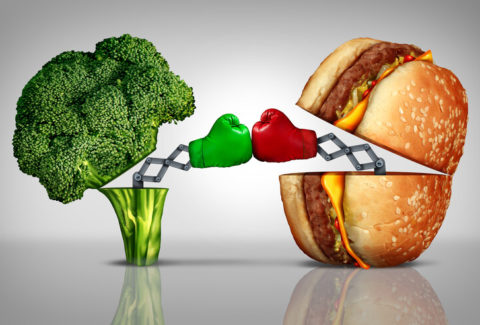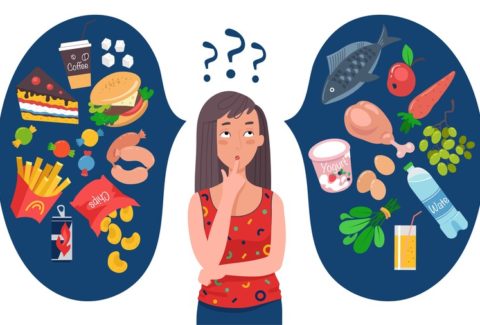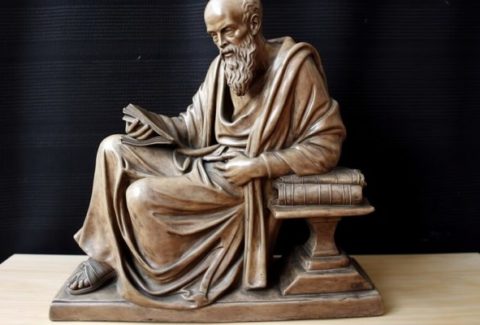NLP and the Human Experiential Model
There are a number of reasons why NLP (Neurolinguistic Programming) has remained in the hands of very few. There is a reason why those who know and practice it rarely share it with others. And there is a reason why it has not made it to the masses. One of the reasons for this is because it is empowering. It goes beyond the disease model into the strength-based model. Its strength-based model, however, is not theoretical, but rather practical and based on the third of the three major ways of learning and of behavioral modifications, notably: Social Modeling.
NLP not only tells us what works, why it works, and how it works, and it also gives us practical ways to apply it. One such example of how NLP helps us with applications is the Human Experiential Model, and today’s article is about just that.
As its name implies, the Human Experiential Model helps us become acquainted with how we experience life as humans, how our experiential model may vary from that of others, and how a specific model guarantees a specific set of results, in a rather consistent and predictive way.
The Human Experiential Model, therefore, allows us to:
-
explore the human experiencing
-
better understand ourselves/our clients and how our/their mind works
-
better understand our decision-making process and that of our patients and clients as well
-
break the cycle of reacting to life experiences and learn to respond in lieu of reacting.
Such a model then broadens our view of the Circle of Life, and that helps us understand that everything in life can be seen as a life event or an experience. This also means that what we often call “life” is not life, rather a life situation, and a life experience. As powerful as this insight may be, it is easy to miss. But those of us who are fortunate enough can quickly see what a sudden difference it makes in our wellbeing.
We often hear others talk about how hard life is, how unfair life is, and how much of a battle life is. To justify their claims, they talk about their job, their losses, their finances, and their disappointing relationships. Yet, what is missing? The thing missing is the understanding that as long as we fail to distinguish Life from life situations, we will continue to resign ourselves to a life of struggle, battles, and unfairness. What is worse is that we will be unable to reap the fruits of Life as long as we continue to be at the level of awareness where life is a battle, struggle, or unfair. This inability to fully benefit from Life with such a level of understanding is simply due to the fact that our brain is unable to hold two opposing states at the same time. Our brain was not built that way, and we will need to shift to a different state of awareness if we are to become aware of the other side of Life, which is actually the only side of Life, except that our programming has been serving as a veil, which is to be lifted.
This veil is surely our current Human Experiential Model, which can be shifted. This model helps us see how the experience of life events vary from one person to the next. This means none of these experiences of life events can really be True, which means these experiences of life events are not constant, rather, they are variables. It also means that these experiences of life events depend on our meaning and on our meaning only. The moment we understand that our Life is totally different from our life situations, is the moment we possess one of the most powerful insights of all. And, this insight is the pathway to true empowerment that allows us to elevate ourselves, our loved ones, our patients and clients, our agency and our field of mental health and medicine at large.
Are you ready to be part of this most inspiring and elevating shift? If so, please join us this Saturday, 10/17/20, ,4-6pm EDT, where we will be delving into The Lazarus Technique, and The Wise Mind Model.
SWEET took a vow to:
-
Help cease suffering throughout the world
-
Provide a space to all clinicians throughout the world to cease their own suffering and help all others, particularly, their patients and clients do the same
-
Close the gap between the most effective findings and clinical implementation so that the most powerful tools are always in the hands of all clinicians
Do you share this mission? If so, join our membership, and see you on Saturday.
Karen and Mardoche









